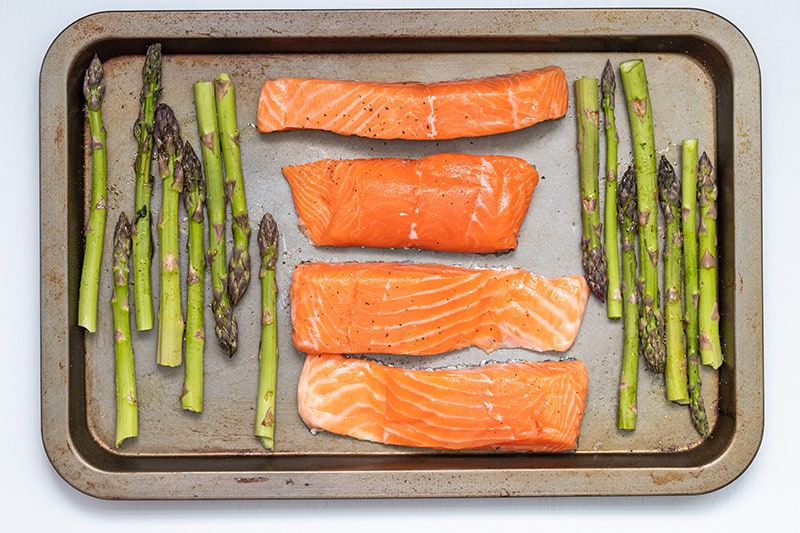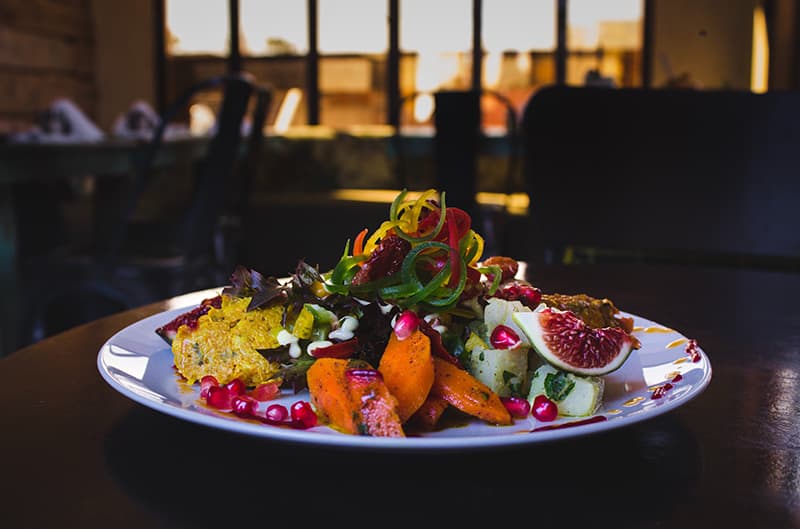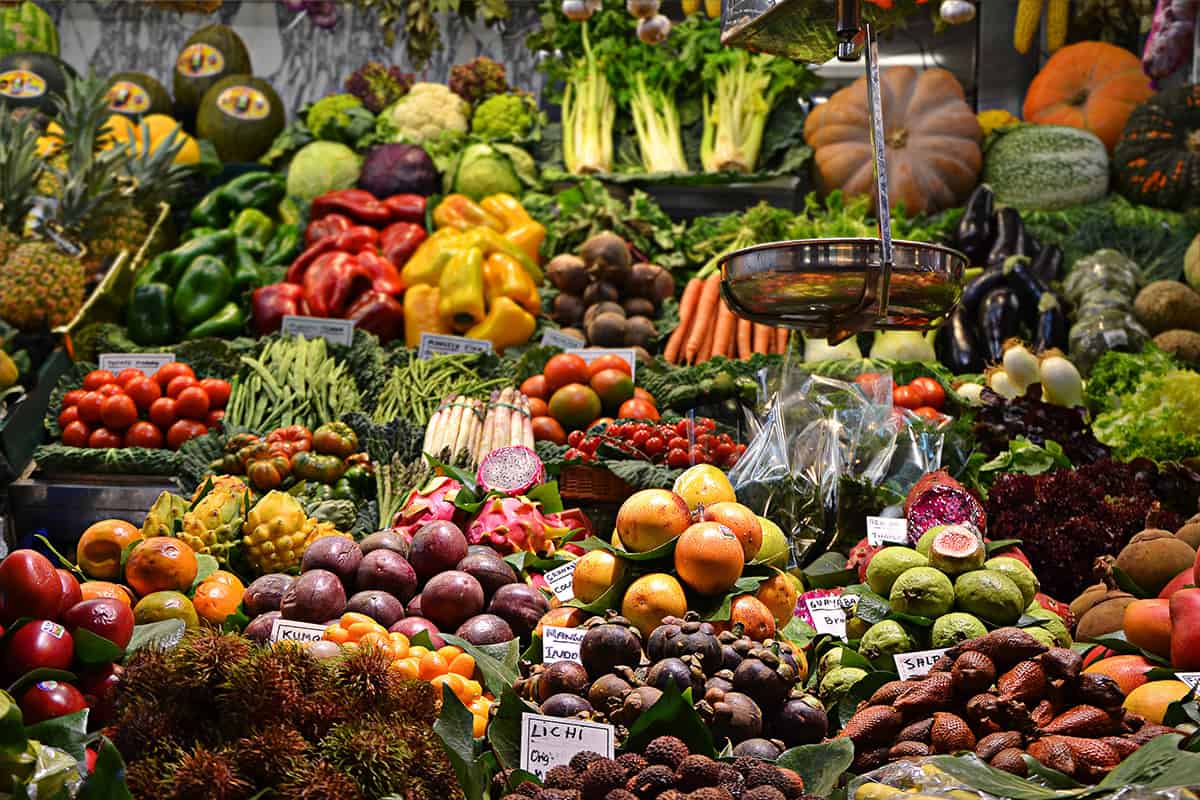A recent study found that poor diet was killing more people globally than tobacco. In fact, this same study stated that 1 in 5 early deaths could have been prevented with a better diet. Importantly, this research pointed out how it is the foods that we don’t eat that are shortening our life expectancy. Many of us favour sugary foods, packed with trans fats over fresh vegetables, legumes, nuts and seeds, which arguably is what we need to live longer and to increase our odds of achieving longevity, but without disease.
We all know the saying that ‘you are what you eat’, but a lot of us don’t take this to heart, ironically. But, many scientists are now saying with a lot of certainty that our diets could be as dangerous to our health as the cigarettes that some of us smoke. So, what is it about our food choices that pose such a threat to our health? Here’s a reminder…
What makes a diet dangerous?
If your diet can be described as having the following traits, chances are you could be shortening your life expectancy, according to analysis carried out by The Lancet:
- Too much salt
- Too many bad fats (e.g. saturated and trans fats)
- Not enough fruit
- Not enough whole grains
- Not enough fibre
- Not enough omega-3 from seafood
- Not enough nuts and seeds
What does ‘dangerous’ mean?
Well, unfortunately, in this case it refers to the number of lives shortened by diet. These findings were made by the Global Burden of Disease Study, which looked at how people are dying around the world. They found that a significant proportion of global deaths can be entirely diet-related in cause.

So, how does a dangerous diet lead to shortened life expectancy?
We all know the basics of diet and health. Cholesterol, sugar and saturated fats aren’t healthy, but we knew that already. But, why are they so unhealthy? Let’s break it down:



Does where you live determine how healthy your diet is?
This is a big question, so let’s define a context to help answer it. If we compare diets by region, we can see that different regions have different preferences and favour certain parts of a healthy diet over others.
- East Asia: loves salt, but also eats lots of vegetables
- North Africa and the Middle East: love trans fats and salt, but eat lots of nuts and seeds, fruits and vegetables
- North America: loves trans fats, sugar and processed meats, but also consumes plenty of calcium, nuts and seeds (in high-income settings)
- Latin America: loves red meat and trans fat, but scores highly for whole grains
- Caribbean: loves legumes and fruit, but also loves salt
- Central Europe: we like red meat, salt and sugary drinks, but we also consume plenty of calcium and vegetables
From this quick overview you can see that every country scores highly for some poor dietary choices, but highly for others. So, does anywhere in the world get this balance correct? Thankfully, there are some diets around the globe that we can look to for inspiration, and quite frankly some much needed instruction. Let’s take a tour of the world and see who is getting their diet right.
Japan
Japan is known for its extraordinary life expectancy, and many researchers boil this down to their diet. Much of the foods consumed in Japan are low in calories, but high in nutrition. Examples include seaweed, tofu, fish, vegetables and miso soup. Findings also suggest that it’s not just what people in Japan are eating, but how much of it. The food habit of the Japanese island of Okinawa can help to demonstrate this. Here, there is a tradition of only eating until you feel 80 per cent full. By doing so, you are eating fewer calories over time, which some suggest is the reason that so many people on this island surpass the age of 100!

Spain & Italy
This year Spain beat Italy in being crowned as the healthiest country in the world, according to the 2019 Bloomberg Healthiest Country Index. Whilst this report also takes into account contributors to health such as tobacco use and environmental factors, it does also look at eating habits. Both Spain and Italy share what is known as the Mediterranean diet – rich in fruits, vegetables, extra-virgin olive oil, nuts, seeds and whole grains. This diet tends not to include sugary drinks or trans fats found in products such as butter and margarine.

Norway
Similar to the Mediterranean diet, what is known as the New Nordic Diet, is rich in healthy oils, but instead choosing rapeseed oil over olive oil. This diet is made up of whole grains like oats and rye, vegetables, fruit, eggs, seafood, milk and cheese. Another factor that makes this diet healthier is the avoidance of cooking foods at very high temperatures, which reduces the nutritional value of your food, favouring baking or boiling over frying.

Israel
Recently touted as having one of the world’s most healthy cuisines, Israel is a new contender. The same study presented in The Lancet stated that Israel had the fewest diet-related deaths in the world (just 89 per 100,000 people, compared to the UK which had 127 diet-related deaths per 100,000 people).
Whilst they do follow similar characteristics of the Mediterranean diet, it is thought that limited availability of fast-food outlets and convenience foods compared to the ready availability of fresh food plays a big role in the diets of many Israelis.
Additionally, it has been observed that the attitude towards food in Israel is very different from the convenience-oriented perspective that the UK and USA typically adopt. In Israel, making the choice between eating out and having a home-cooked meal largely centres on the latter option: buying fresh, healthy ingredients for less money and cooking at home with friends and family.

Which diet should I follow then?
At this point you might be feeling overwhelmed or confused about what you should be eating, which is fair enough. Many of us have the knowledge about what is healthy and what isn’t, and yet we still struggle to make the right choices, but after all, we’re only human and we shouldn’t give ourselves too much of a hard time when we decide to order pudding!
What you can do to improve your diet:
Researchers continue to emphasise that the most important changes to make to prevent ourselves a diet-related death are the following:
- Consume less salt
- Eat lots of fruit, vegetables and legumes
- Eat nuts and seeds
- Make sure you’re eating whole grain sources of fibre
- Consume less red meat
Does this mean you can’t enjoy your favourite cheeseburger or kebab? Of course not! In fact, The Lancet’s study addresses this and states that it is the absence of healthy foods in our diet that is more dangerous to our health than the sugar and trans fats that are present. This means that as long as you are eating your share of healthy foods, the bad foods shouldn’t pose as much of a threat.
Making changes to what you eat is a challenge and it won’t happen overnight, but as long as you are aware of what you’re eating and are making conscious healthy choices each day, then you are on the right track!









Join the discussion